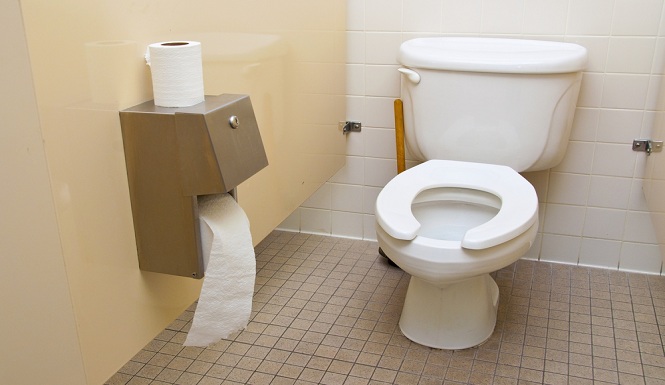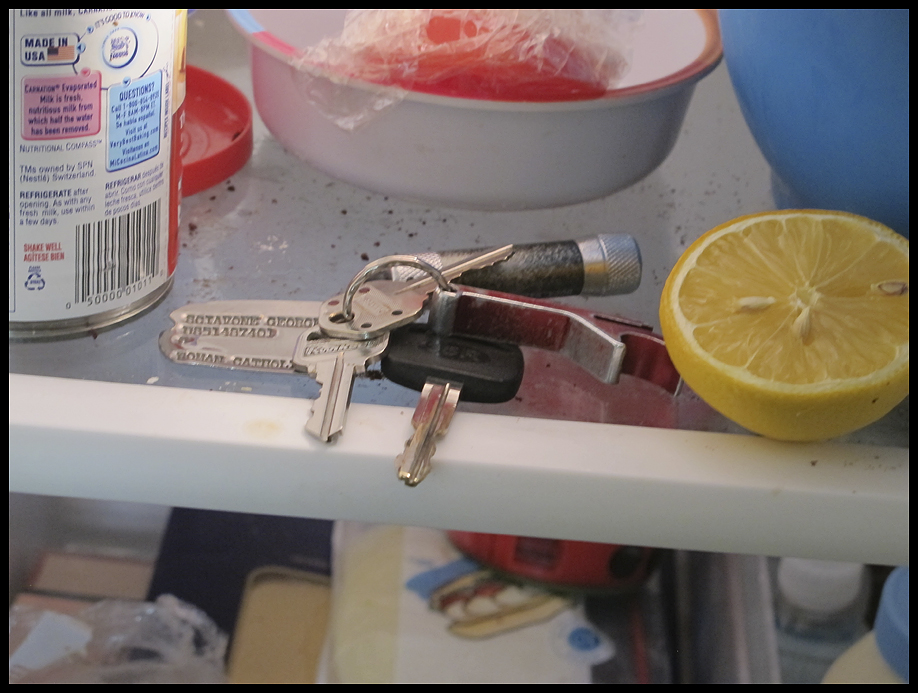Today there are only about 39 million people in the world who are completely blind, which is about ½ of 1% of the world’s total population. We are not talking about visually impaired people who use corrective lenses or cock their heads this way or that to pull something into view; we are talking gold standard blind – people unable to see zip… nada, nothing.
Since 99.5% of the world’s population can see, most people never come face-to-face with a completely blind individual and consequently get no practice interacting with totally blind folks.
I used to be amazed at how inept or awkward people were around me after I lost all my sight. It’s like I had an exotic skin disease when people went to guide me. Typically they’d grab my hand or wrist and proceed to drag me along as if I was a large stuffed animal.
When I ask where the pitcher of lemonade is or where I should sit while waiting for the doctor, I’m frequently told, “Over there.” Where is there, exactly? The similar phrase, “Sit over here,” isn’t much help either. “Go that way” also isn’t a useful direction for a sightless person.
The key problem for blind people (besides not being able to see) is that most of the world isn’t blind.
The disadvantages of being sightless in a sighted world are many, most likely due to the fact that people who invent things are not blind and don’t think about building products and providing services with the blind in mind.
Even buttons to press or knobs to turn that can be helpful to sightless users are disappearing from appliances and credit card swipers. My local supermarket just replaced their keypad pay stations with touchscreens, making it impossible for me to complete the checkout process myself. Ovens, microwaves, thermostats, countless other appliances, even vending machine operational buttons and knobs have slowly been replaced with digital displays, making most of them inaccessible for sightless people. (Gotta give a shout out to Apple Inc., the exception here, for designing their goods for blind users with lots of accessibility built into their products.)
When I’m listening to the TV and hear, “Just call the number at the bottom of your screen for your 30 day supply and we’ll pay the shipping,” or the message says, “Just call 1-800-GOFEDEX,” you know these knuckleheads aren’t thinking of their blind customers.
Ironically, some banks do provide Braille instructions on their ATMs, but in the drive-through? Really? So, they want the operator of the vehicle to throw it into reverse and back up into the drive-through lane so that their blind passenger can reach out and touch the nicely brailed panel of instructions? Or maybe the bank execs intend this accommodation for the blind folks who are out and about on their roller blades with their guide dogs.
Since most people don’t have a family member or a friend who is a real-deal blind person, they get no practice with what sightless individuals consider to be the no-brainer rules of engagement: don’t grab and drag, don’t say “over there,” announce all the digits of the phone number, etc.
The other day I went to the podiatrist with a pain in my big left toe. When the receptionist (who learned I was blind when I signed in) called my name, my friend led me to the door leading to the examination rooms. I was standing there quietly in the doorway when the receptionist told me to go down the hall and enter the second door on the left. I smugly replied, “Which way?” She said, “Over there.” (cricket…cricket…) I grinned wryly and she said, “Oh, walk down that way about 20 feet (Ha! I’ll bet she was pointing too!) and take a left into the second door.” My friend realized what was happening (or not happening), offered me his elbow and led me to the examining room.
I later realized my own prejudice – I assumed medical professionals would know better. Then again, most, maybe all, of their patients aren’t blind. No practice dealing with blind folks, like the rest of the world.
I made my follow-up appointment and the receptionist announced to my friend that I needed to return in 2 weeks. Did she think I wasn’t going to tell him? Really? This is similar to the server in a restaurant who will ask my girlfriend if I would prefer the broccoli or string beans with my chicken and rice. She points to me and says, “Ask him. He’ll know.”
Curiously, when I’m speaking on the phone with somebody I’ve never met and my blindness comes up during the natural course of the conversation, they often say, “You don’t sound blind.”
I’m still not sure what sounding blind is supposed to sound like.
Steve Gladstone
The Blind Dude








